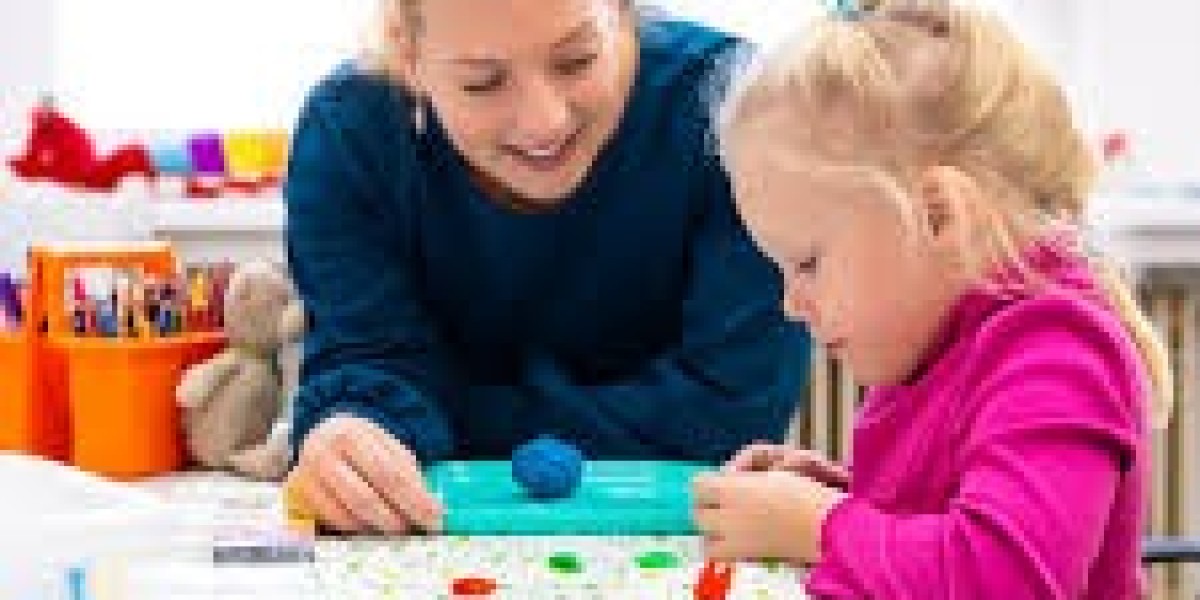Motor skills are more than just movements. They are the building blocks of your child’s growth, helping shape not only their physical abilities but also their cognitive, social, and emotional development. From the moment babies learn to grasp a toy to when children start running, jumping, and writing, motor skills play a critical role in shaping their future. Understanding the significance of gross and fine motor skills and how they evolve can empower you as a parent to foster the right environment for your child’s success.
At Little Angels PT, we specialize in helping children build these essential skills through personalized physical therapy services designed to enhance their development. This article will explore how gross and fine motor skills impact your child’s future and offer tips on how you can support their growth at home.
What Are Motor Skills?
Gross & fine motor skills refer to the ability to move and control the muscles in the body. These skills are categorized into two types:
Gross motor skills: Large muscle movements, such as crawling, walking, running, jumping, and balancing. These skills are foundational for physical development and overall mobility.
Fine motor skills: Smaller muscle movements involving hands and fingers, such as grasping, drawing, writing, and using utensils. These skills are key for daily tasks and academic activities.
Children develop motor skills in stages, with gross motor skills typically emerging first in infancy, followed by fine motor skills as they approach preschool age. Together, these skills form the foundation of your child’s ability to engage with the world, from their first steps to their ability to write and play independently.
The Role of Gross Motor Skills
Gross motor skills involve large muscle groups that control movements such as walking, running, jumping, and climbing. These skills are essential for:
Physical Health and Strength: Gross motor activities build strength, coordination, and overall fitness, setting the stage for a healthy lifestyle.
Cognitive Function: When children use their bodies to explore the world, they improve their brain function by developing motor planning, memory, and focus.
Social Skills: Gross motor skills also support social interactions. Activities like team sports or playing with peers at the park help children learn to cooperate, share, and communicate with others.
Examples of activities that promote gross motor skills include:
- Playing tag or running races
- Cycling or swimming
- Participating in team sports like soccer or basketball
- Dancing or jumping rope
By encouraging these activities, you help your child develop the strength, coordination, and social skills that will benefit them throughout their life.
The Importance of Fine Motor Skills
While gross motor skills involve the whole body, fine motor skills rely on the small muscles in the hands and fingers. These skills are crucial for tasks that children will need as they grow, including:
Self-care and Independence: Activities such as feeding themselves, brushing teeth, and dressing require fine motor skills and are essential for a child’s ability to care for themselves independently.
Academic Achievement: Writing, drawing, and using classroom tools (e.g., scissors, pencils) all require fine motor coordination. Strong fine motor skills correlate with a child’s ability to succeed in school.
Focus and Concentration: Developing fine motor skills can also improve attention span and focus, as children need to concentrate on their actions to perform tasks accurately.
Ways to nurture fine motor skills include:
- Drawing, coloring, or painting
- Assembling puzzles or building with blocks
- Playing with modeling clay or bead threading
These activities not only enhance physical dexterity but also boost cognitive skills like problem-solving and creativity.
The Link Between Motor Skills and Cognitive Development
Did you know that motor skills and cognitive development go hand in hand? When a child develops motor skills, they’re simultaneously improving their ability to think, solve problems, and focus. The connection between the brain and the body is incredibly strong; as children practice motor skills, they strengthen neural pathways that improve memory, concentration, and even language skills.
For example, when a child is learning to walk, their brain is processing spatial awareness and balance. As they begin to write, they are connecting fine motor movements with cognitive processes such as sequencing, memory, and concentration. These motor experiences lay the groundwork for other academic and social skills, ultimately boosting the child’s ability to perform in school and interact with peers.
Early Intervention and the Role of Physical Therapy
It’s important to recognize that some children may experience delays or difficulties in developing motor skills. This is where early intervention can make a significant difference. Physical therapy helps children overcome challenges, build strength, and gain the confidence they need to thrive.
At Little Angels PT, we specialize in assessing children’s motor skill development and providing targeted interventions that support their growth. Early intervention can prevent future difficulties and enable children to reach their full potential in both physical and cognitive domains.
Supporting Your Child’s Motor Skill Development at Home
As a parent, you can play an essential role in your child’s motor skill development by creating a supportive and engaging environment. Here are some simple yet effective ways to help your child build gross and fine motor skills at home:
- Encourage outdoor play: Playgrounds, parks, and sports activities are perfect for developing gross motor skills.
- Engage in creative play: Art, puzzles, and building toys help improve fine motor skills.
- Provide tools and toys: Scissors, crayons, and building blocks are ideal for practicing both gross and fine motor tasks.
- Incorporate motor skills into everyday tasks: Activities like setting the table or folding clothes can enhance fine motor development.
The Long-Term Impact of Motor Skills Development
The skills your child develops today will impact their future. Strong motor skills provide a foundation for academic success, physical health, and social confidence. As your child grows, these skills will influence their ability to excel in school, sports, and life in general. They’ll have the tools they need to build self-confidence, engage in social activities, and perform tasks independently.
By fostering motor skill development from an early age, you’re setting your child up for success—physically, emotionally, and academically.
Conclusion
Gross and fine motor skills are more than just physical abilities—they are crucial for a child’s overall development. From laying the groundwork for healthy living to boosting cognitive and social skills, these skills play an essential role in shaping your child’s future.
At Little Angels PT, we understand the importance of motor skills in a child’s growth. We offer personalized services that ensure your child reaches their full potential. By providing early support and encouraging motor development at home, you can help your child unlock their capabilities and thrive in every aspect of life.






